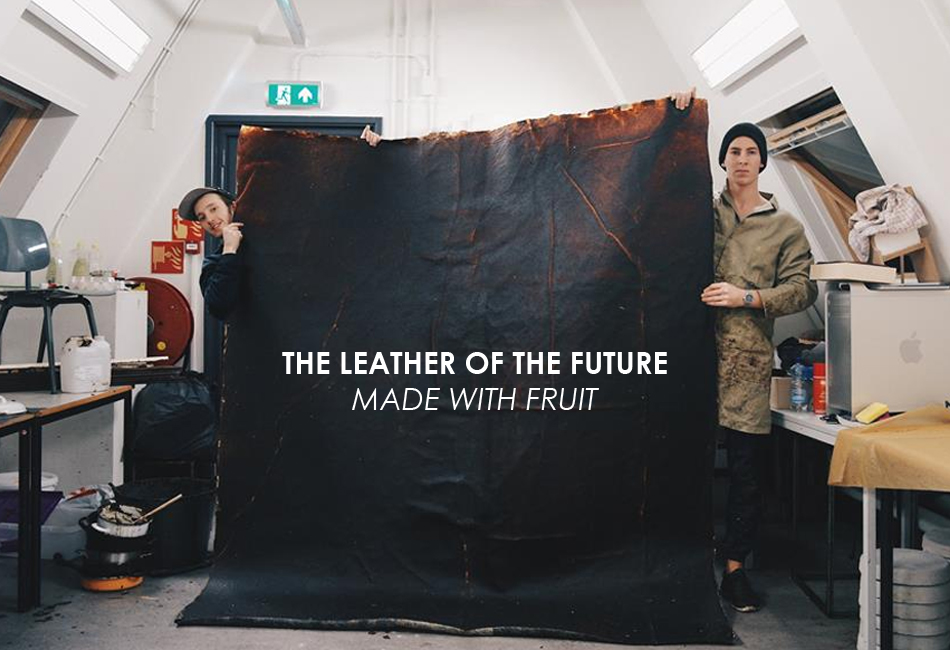Download Free Vegan Starter Kit -
2.png)
Forecasting Vegan Industry Trends for 2025
-
Survival of the Fittest: Plant-based dairy companies with a strong understanding of their customers will thrive, while others will struggle to survive. The plant-based dairy market in India is growing rapidly, with a projected CAGR (Compound Annual Growth Rate) of 14.3% from 2022 to 2027. Companies that can tap into consumer preferences will lead this growth.
-
Rapid Disruption in Plant-Based Leather: Plant-based leather will disrupt the market faster than plant-based meats. The global plant-based leather market is expected to grow at a CAGR of 66.5% from 2021 to 2028, and India is seeing increasing demand for sustainable fashion. Expect more local brands to introduce alternatives this year.
-
Vegan Restaurants: We are in the golden era for plant-based dining. The audience is receptive and eager to dine out, but few businesses will fully grasp the nuances of this market. In India, successful restaurant businesses will focus on "clean eating" or "wholesome food" instead of over-labeling dishes as "vegan." This approach has been shown to increase footfall by up to 40% in some cases.
-
Desi Adaptations: More plant-based companies that initially imitated Western products will introduce Desi versions of traditional snacks and foods. From khakaras, chaaps, to mithais, expect regional snacks driven largely by localized products that resonate with Indian consumers to hit the shelves more frequently.
-
The Disruption of Soy Chaaps: Soy chaaps, while once popular, are now being recognized as misleading and unhealthy, with many containing only 5% soy and a large proportion of gluten. Despite this, they have been widely adopted, surpassing even plant-based meats in popularity. However, plant-based meat companies are now focusing on better ingredients and formulations with more nutritious ingredients like millets and plant-based proteins.
-
Ready-to-eat currys: Though I'm not a big fan of ready-to-eat packaged foods, global demand for Indian pastes, curries, and ready-to-eat products will grow even more, making it lucrative for Indian food brands to export.
-
Plant-Based Dairy: Smaller Packaging Gains Popularity: Smaller packaging, such as 100-ml portions, is becoming more common in the plant-based dairy sector as more consumers are open to first tries. This shift was anticipated three years ago, but it’s only now that companies are adapting to meet the needs of individuals within households, especially those consuming these products alone or in smaller quantities.
-
Vegan Bakeries: Vegan and gluten-free cakes are becoming increasingly popular, with more urban bakeries in India expected to offer plant-based options by 2026. The rise of D2C brands and homegrown bakeries is helping to expand the vegan range, particularly among flexitarians. Based on industry trends, the vegan bakery segment has grown by 15% annually in the past few years in metro cities.
-
Rise of Flexitarianism and Imperfect Veganism: More people are embracing a flexitarian or "imperfect vegan" lifestyle. While veganism once required significant support, today even individuals in cities like Lucknow, Siliguri, and Varanasi are transitioning, even if it means limited access to alternatives. The rise of flexible, plant-based diets has made the transition easier for many, and vegan brands available online are playing a pivotal role in this shift.
-
Fragmented Social Circles: As the vegan community expands, it is increasingly dividing into specialized niches. Recent trends observed at the Vegan India Conference indicate that many individuals now identify with distinct subgroups, such as "sustainability activists," "animal rights advocates," "health-conscious eaters," "disease reversal proponents," and "entrepreneurs," among others. The rise of niche communities will continue to shape how brands target their audience, catering to more specific preferences.
AUTHOR

trending
Be a Vegan First Informer
Send us buzzworthy news and updates
Explore
Contact Us
About Us
Stay Connected
Copyright ⓒ 2017-2023. VEGAN PASSION PRIVATE LIMITED. All Rights reserved.
For more information, please write to hello@veganfirst.com
Registered Office Address: 55, 2nd floor, lane 2, Westend Marg, Saidullajab, Near Saket Metro Station, New Delhi, Gadaipur, New Delhi South West Delhi, DL

2.png)
.png)

.png)
2.png)
2.png)
2.png)


1.png)





3.png)




